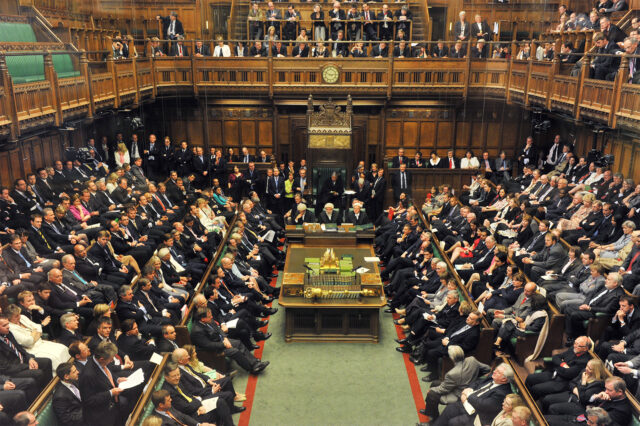MPs have warned that the UK government must introduce a new Artificial Intelligence (AI) law in November, or risk falling behind the EU and the US in the race for AI regulation. This comes as the UK announced it will be hosting an AI safety summit in November to address the global threats to democracy posed by AI, including a focus on topics such as cybersecurity and misinformation. In light of this, Claire Trachet, CEO of business advisory, Trachet, discusses the need for the government to prioritise regulation without stifling innovation and investment into the sector.
With the EU continuing to push its AI Act – which will establish requirements for both providers and users dependent on the level of risk posed by AI – and the US issuing a blueprint for an AI Bill of Rights that will act as a guide to help protect people from these threats, the UK appears to be falling behind. This comes as the UK’s AI whitepaper, which was released in March, was noted as having ‘significant gaps’, leaving most of the responsibility with regulators, according to research from Ada Lovelace. However, a spokesperson from the government has noted an initial £100 million investment will be made into a task force that will encourage the safe development of AI models. They further explained that this funding is more than any other country in the world has distributed towards AI safety, demonstrating how it is keen to establish itself as a leader in the AI regulation space.
The UK remains a key player in the global tech race, with its AI market being worth over £16.9 billion, and research finding that it is expected to grow to £803.7 billion by 2035, according to the US International Trade. Trachet explains that it is pleasing to see how the UK has capitalised on the economic benefits of AI – with research from Earlybird revealing that Britain houses the largest number of AI startups in Europe, with around 334 – however, she also highlights that while driving investment and innovation, the UK must not fall behind its global counterparts in terms of becoming a leader in protecting the public from the potential risks posed by AI.
Claire Trachet, tech industry expert and CEO of business advisory, Trachet, discusses the need for the government to prioritise regulation while not stifling innovation:
“Whilst generative AI continues to bring about a wave of excitement, dominating headlines and driving investment into the economy, the fast-growing nature of AI has made it difficult for governments to balance creating effective regulation, to safeguard the interest of businesses and consumers without stifling investment opportunities. Even though there are some forms of risk management and different reports coming out now, none of them are true coordinated approaches.
“In terms of AI, there needs to be a balance in stimulating innovation and mitigating privacy concerns, which means making sure an equal amount of investment goes into both. We know that AI is bringing in a wealth of investment to the UK economy, but it’s also vital that the UK doesn’t fall behind its global counterparts in the race to also become a leader in terms of AI safety and protection for businesses and consumers.”




